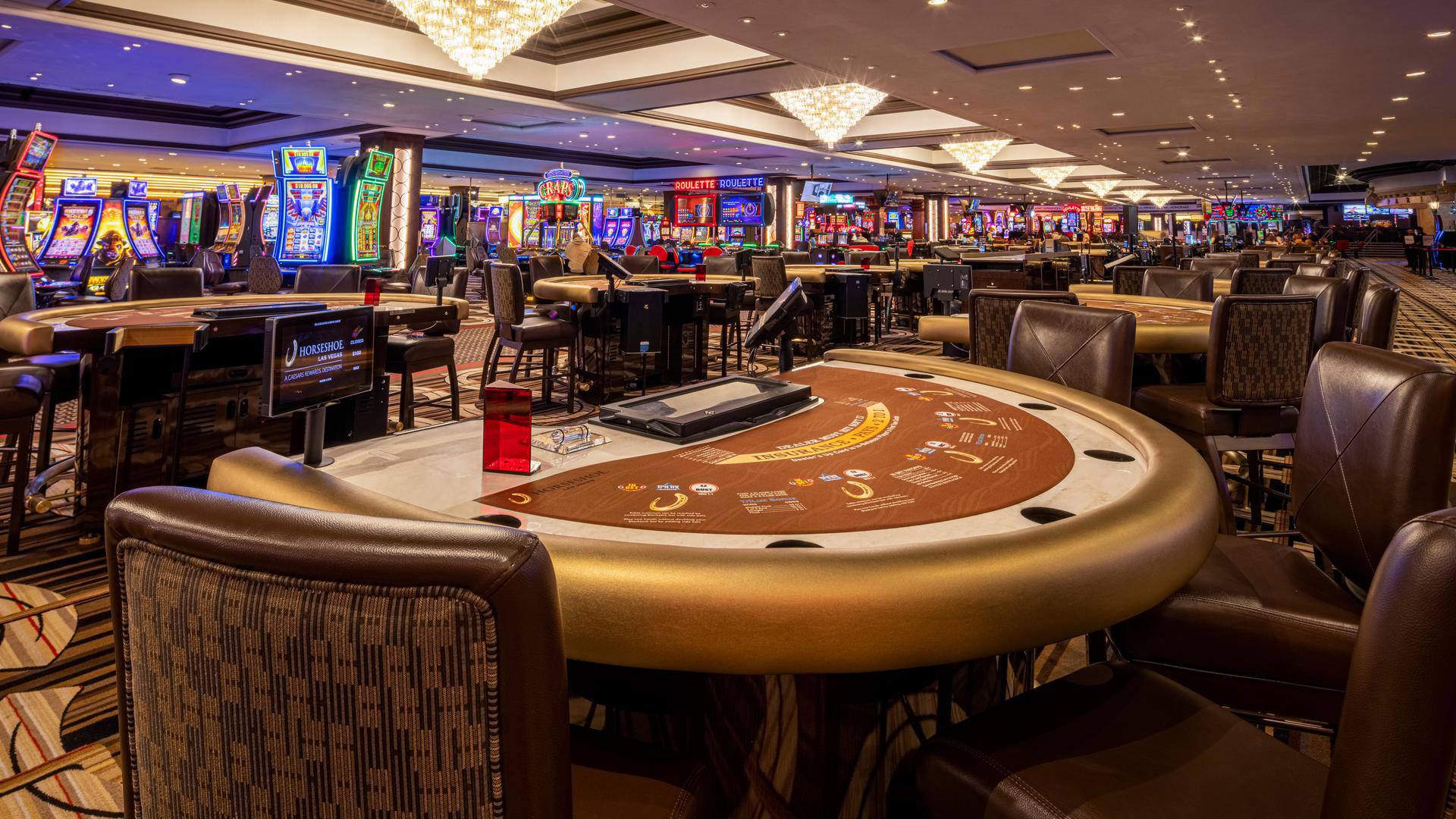Gambling in casinos has long been a subject of interest and debate, drawing in millions of players around the world. With a mix of chance, strategy, and the excitement of risk, casino games offer an exhilarating escape from everyday life. However, as entertainment becomes ever more available, it invites a deeper examination of the ethical implications surrounding these games.
At the heart of the debate lies the issue of whether casinos promote responsible gaming or take advantage of vulnerable individuals. The allure of potential winnings versus the reality of losses can create a challenging situation, and understanding this balance is crucial for both players and operators. As we delve into the morals of casino gaming, we will explore the duties of casinos, the impact on society, and the steps that can be taken to foster a healthier gaming environment.
The Impact of Casino Gaming on Society
Casino gaming has a notable influence on society, affecting not only the financial landscape but also interpersonal dynamics and local frameworks. The revenue generated from casinos can lead to job creation and boost local economies, as they provide various employment opportunities in multiple fields including food and beverage, leisure activities, and retail. However, while the economic advantages can be significant, communities often grapple with the possible negative impacts that arise from increased gambling activity.
Moreover, the presence of casinos can lead to an increase in gambling addiction, presenting significant challenges for individuals and families. The thrill of casino games can quickly evolve into a habitual habit, affecting connections with others and leading to financial instability. Many players may find it difficult with the loss of control over their gambling behaviors, resulting in a need for assistance programs and interventions to address this increasing issue. The social cost of addiction can ripple through kinships and neighborhoods, creating an urgent need for responsible gaming initiatives.
In addition to the economic and social ramifications, casino gaming often showcases cultural attitudes towards risk and leisure. It can encourage a sense of joy and leisure, attracting tourists and boosting tourism. However, this allure may also mask the broader implications of gambling as a form of entertainment, raising ethical questions about its promotion and accessibility. As communities weigh the advantages and drawbacks of casino gaming, the need for sensible approaches and regulation becomes increasingly critical in ensuring that the positive aspects are enhanced while reducing the potential harms.
Moral Issues in Betting Activities
The morality of gambling gaming often center around the risk for dependency and its consequences on people and families. Betting can lead to serious financial distress, impacting not only the gamblers but also their loved ones. As people become entrapped in the appeal of winning, many lose track of their financial limits, which can result in catastrophic results such as bankruptcy. This raises ethical questions about the duty of gambling establishments in fostering responsible gambling habits and providing support for those who may be dealing with betting addiction.
Another critical issue is the advertising of betting to vulnerable groups. Gambling establishments often aim at low-income individuals or neighborhoods with the offer of fast rewards, which can continue cycles of poverty and despair. In this context, the ethics of marketing strategies used by gambling establishments come under examination, as they may take advantage of the desperation of people seeking an way out from economic troubles. This exploitation raises moral questions about the honesty of the gambling industry and its obligation to protect its most at-risk customers.

Additionally, the effect of gambling gaming on society as a entirety cannot be ignored. While some argue that gambling establishments create employment and boost local economies, others point to the community costs associated with dysfunctional betting, increased crime rates, and a strain on public resources. Balancing economic benefits with the risk for community issues presents a challenging ethical dilemma for lawmakers and casino operators alike. The difficulty lies in finding a ethical approach that takes into account the well-being of individuals and society while still permitting for the pleasure of gambling activities.
Regulatory System and Duties
The oversight system pertaining to gambling games is created to ensure fairness, honesty, and player protection. FB88 Various government agencies and casino commissions set and apply regulations that dictate how casino activities work, the guidelines for product design, and the processes for processing rewards. These regulations vary by region but typically involve permit requirements for providers and strict measures to prevent deception and dishonesty.
In also to oversight bodies, gambling businesses bear considerable duty in maintaining principled standards within their facilities. They must enforce ethical player practices that support player security and consciousness, including offering self-exclusion options and offering information about the hazards associated with gambling. Establishments are also accountable for training employees to identify signs of problem gambling and be aware of the proper actions to support patrons in need.
Furthermore, openness in gambling operations is crucial for earning and maintaining public trust. Gaming establishments should provide clear data about the probabilities of games, advertising offers, and any related risks. By promoting an atmosphere of transparency and trust, casinos can help reduce the potential harmful impact of gaming while enhancing the complete gaming experience for all players.